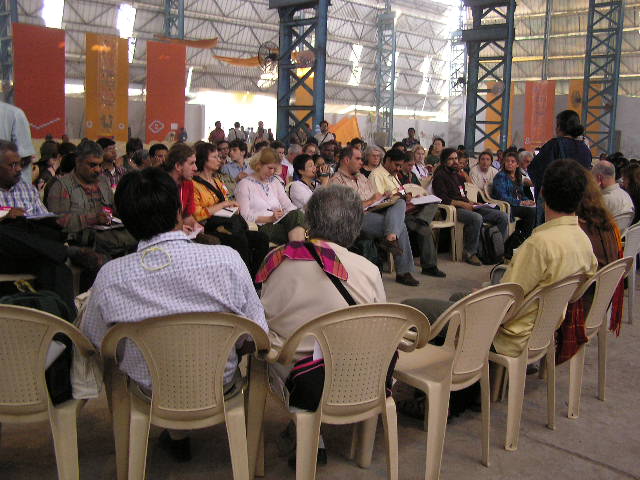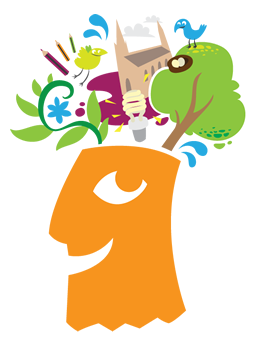In 2012 we put forward a proposal to run an intensive and large scale foresight capacity development process for the citizens of Bendigo in Victoria, Australia. The objective of Bendigo-A Thinking Community was to encourage and engage with the community to think deeply and strategically about expectations and aspirations to develop a more prosperous, liveable and sustainable society.
A rural city two hours (by train) North-West of Melbourne, Bendigo is facing a number of long term challenges and changes. The current population of approximately 100,000 is set to increase dramatically over the coming decades. Demographic shifts and new migrant populations are changing the cultural landscape. The impact of climate change, already felt in the region, remains an ever present and uncertain factor. The industrial and economic base of the city is also in transition.
We were engaged to run a nine month foresight program for 50 participants, the goal of which was
to inspire [the] city to become renowned as a thinking city. A city, that can think creatively for the long-term. A city, that attracts and inspires the most creative people. A city that thinks beyond the next political poll, TV series or annual report. We already have wonderful thinkers in Bendigo. But do we have the skill set as a City to think long term? Can we inspire our community to be actively engaged thinkers?
In 2013 we designed and over nine months ran a program that involved four full day live large group workshops and six online webinars. The content of the workshop include:
· Using the Futures Action Model as a framework to facilitate foresight informed social innovation
· Setting up and facilitating a social media platform for a shared Horizon Scanning process
· Group / team based exploration of a variety of foresight themes and innovation topics, many which led to social interventions and innovations
· Use of the Three Horizons framework of change to help groups conceptualize change strategies
· Use of a narrative foresight approach, including the use of Causal Layered Analysis, to create a new story / narrative for the development of the region.
· Production of a story artifact.



